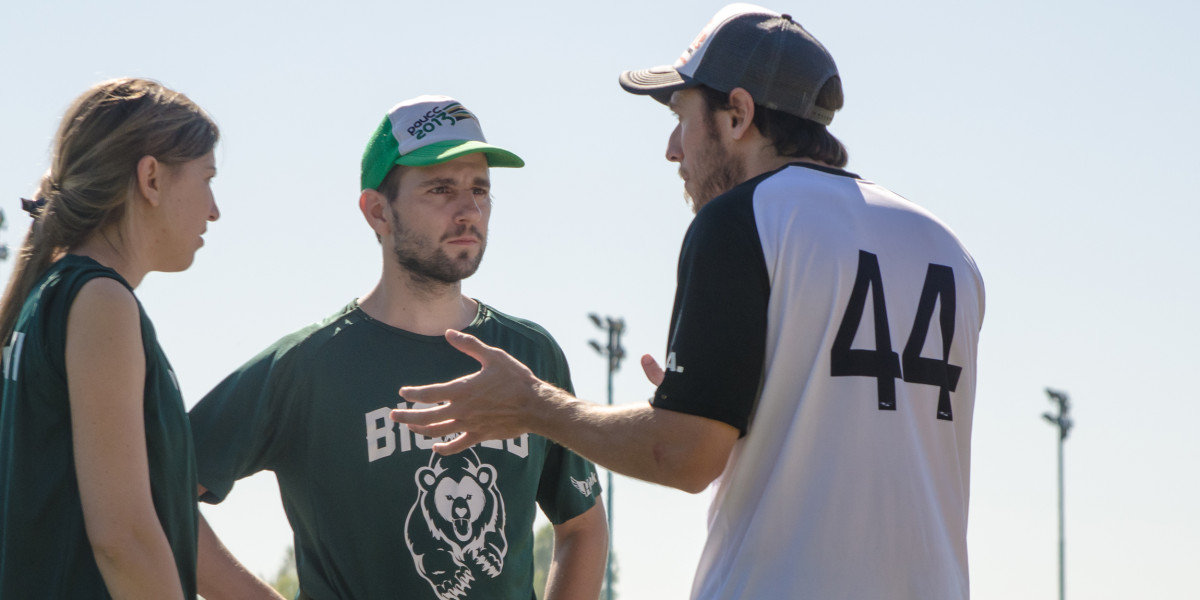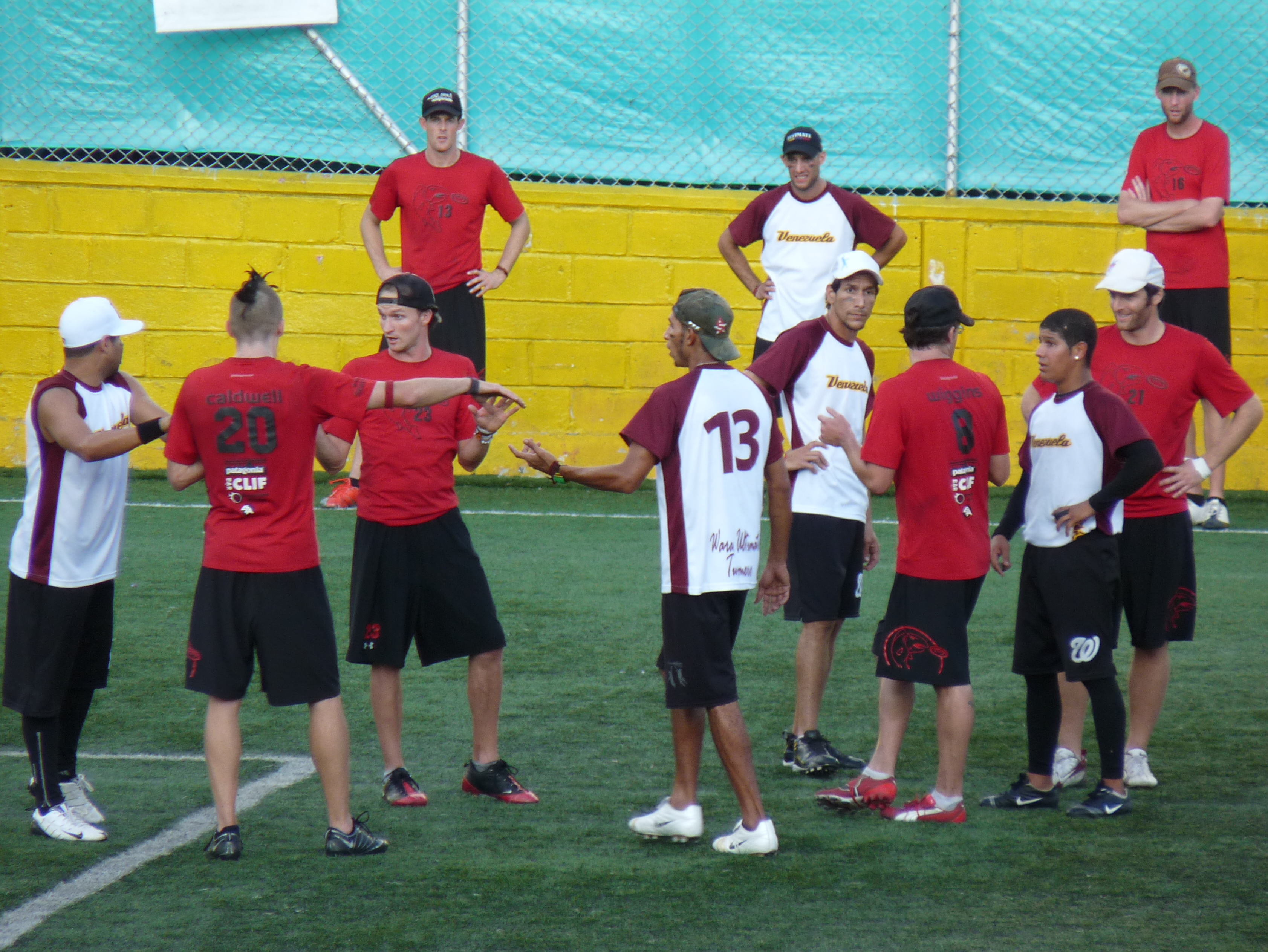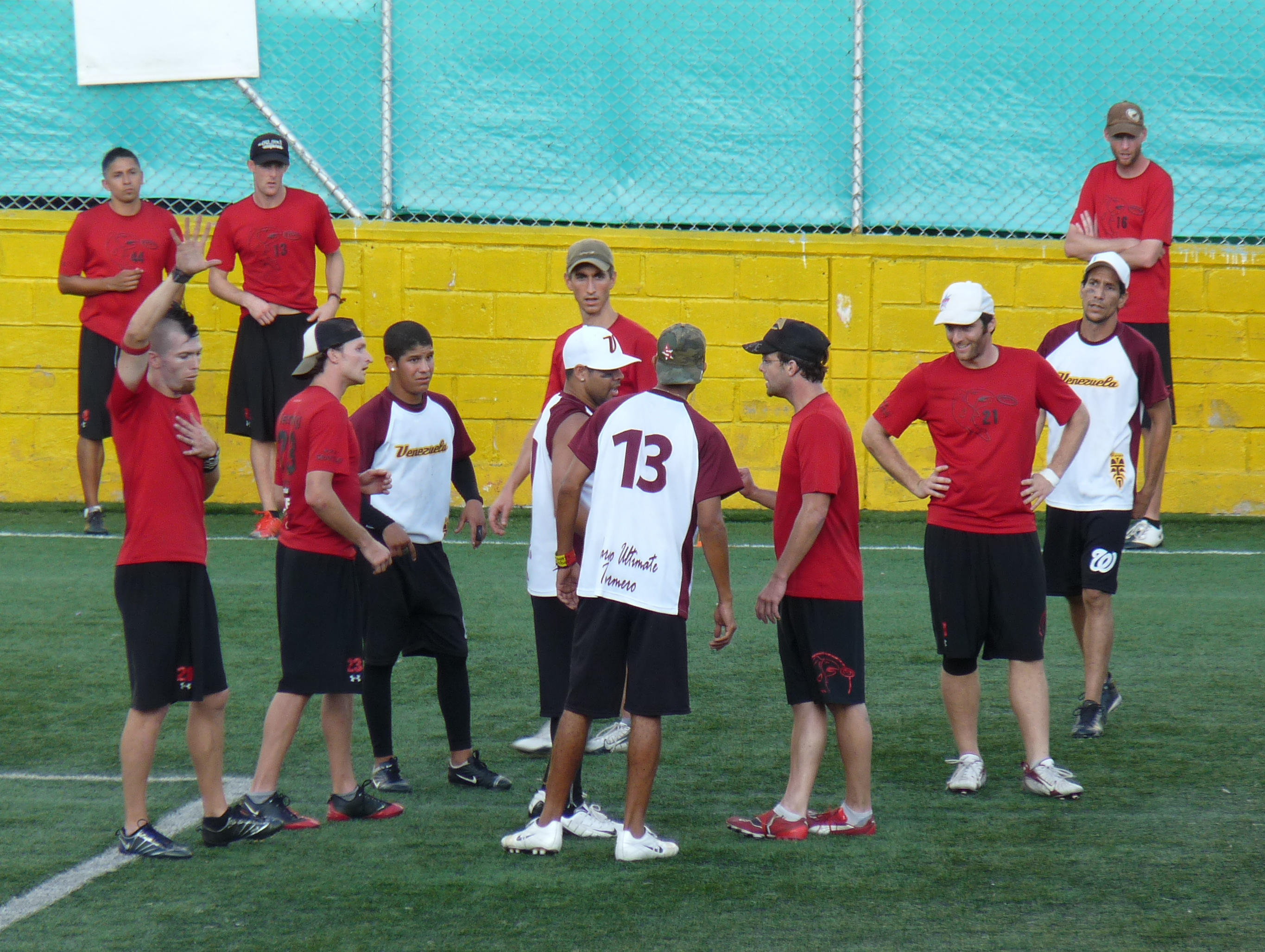 Alejandro Velazquez Photography" />
Alejandro Velazquez - Alejandro Velazquez Photography
Alejandro Velazquez Photography" />
Alejandro Velazquez - Alejandro Velazquez Photography
A diplomatic guide to dismantling a cheater’s technique
Who hasn’t been utterly annoyed by someone trying to distort reality? That’s what cheating is, and cheaters do exist. They pop up once in a while, and we can’t just wish they would go away. Instead we can study cheating as a social phenomenon. Rather than waste any time ignoring reality ourselves, let’s address the problem head on.
This article deals with the discussion after a call has been made. There is plenty on the subject already covered by Lou Burruss in his Cheat to Win series, a great resource. I might add something new here, however, with a bit of social theory and practical advice. Growing and dealing with a broad spectrum of playing styles, with and against people from all around the world, has made me face quite a few peculiar situations. If anything has kept me from a good night’s sleep, it’s those tight game situations where you know the outcome of a call was far from ideal.
I hope we can all agree that cheating is one of the most harmful behaviors a player can bring to our sport. To be able to recognize cheating, first you have to consider the potential differences in perspective between you and your opponent. Sometimes, what one person might perceive as cheating could really be a reasonable call from another perspective, and it’s important not to jump to conclusions or assume that a person is intentionally breaking the rules.
Cheating: A Political Perspective
The initial inspiration for this article came from reading Carl Schmitt on politics. Schmitt defines political opposition as the ultimate level of opposition, a point of no return. Morality, religion, economics–they all reach the “political” stage when two opposing positions depend on defeating the other one in a particular situation. At that point there is no way out, no possibility for a win-win outcome. The only resolution is for one side to finally give up, not willing to risk everything for a long shot at victory when it’s clear that their opponent has the upper hand.
Cheating in ultimate leads to this kind of zero-sum approach. When a person won’t admit to playing outside the rules or making a spurious call, you shouldn’t settle with a contested call. At this point, a discussion of the call is warranted. I’ve seen many players fall victim to this situation, though, by getting discouraged and giving up on the discussion. Most often, they don’t know the rules and don’t feel confident enough to argue. Sometimes they know the cheater has a temper and don’t want to “set it off”, feeling intimidated.
A healthy discussion of the call, though, is a rational analysis of a situation. Arguments are bound to coherence and logic. What comes out of the dialogue is a definition of what happened. The goal is to get the opponent to see their actions and their calls as an extension of their reputation. By creating an open conversation about what happened, it will become clear that there is more on the line than just the outcome of one play. You may say that there are cheaters who just don’t care about their reputations. But, by doing it in public, the outcome will be remembered and taken into account the next time a similar situation arises.
That said, you don’t want to accuse the opponent of cheating. Anyone would feel defensive and reluctant to participate under a personal attack. Focus on the actions, rather than intentions. Each and every witness will come to their own conclusions.

Venezuelan players discuss a call with Sockeye at Torneo Eterna Primavera 2009 in Medellín, Colombia
Guide to Dealing with a Potential Cheater
First, remember that cheating is about playing consciously and willfully against the rules. This may sound obvious, but it’s where your empowerment begins: STUDY THE RULES. Yes, this deserves all-caps! Profound rules knowledge translates into enlightenment about the game. You’ll start noticing a lot more rule violations that ordinarily go unnoticed. Though that can be maddening, it’s mitigated by the fact that you will know exactly what is happening and what the correct call in a given situation should be.
Second, keep calm and trust the process. Drama is only useful to communicate your frustration to spectators far away, and they will only relate if the cheating was blatant to them too. Even then, you won’t achieve more than some temporary sympathy after the game. If you lose your temper during a call, you give an edge to the cheater. Don’t laugh: create anxiety by preventing the cheater from reading your expressions. A zen-like calm seriousness works well. Don’t give any hints that you aim to call out a cheat. You must draw him out subtly.
Third, make your call loud and clear. Ask the same from the opponent. Use the official hand signals, even if you think they look ridiculous. This can help to get people thinking and talking, specially those with a clear perspective.
Fourth, during the discussion, bring in witnesses. How often is there a call just a few meters away from you but you don’t know what has been called and can’t listen to the discussion? Your teammates’ support may help, but it’s even better to get the cheaters involved. They’ll be forced to either cheat or confront their cheating teammate, even if it’s just tacitly. Be perceptive and you’ll notice inconsistencies between them. If anything, the responsibility for fair play is not divided–it gets multiplied! If teammates don’t want to play unfairly, you’ll be putting the cheater in the spotlight.
Fifth, let them speak first. Ask very open, but key questions (without putting on your police-detective face). A cheater will often make the call or contest and wait for your reaction, then navigate with his preferred discourse. Like being the last one to play in a poker round, use the strength of your position speaking last and let your opponent fabricate a lie on the blind.
Sixth, a lie will be intentionally veiled and mixed up with other distractions. You want to identify first if the disagreement is about what physically happened or about the rules (what they say or which ones apply). This step makes the rest a lot easier.
Seventh, dissect what they said and confirm what you heard them say in strict rules vocabulary, repeating the relevant statement only. You want to get a clear “yes, that’s what i meant” reply. This is not easy, but it’s all up to you. Keep practicing.
Eighth, be brief and clear on your take. Use the rules interpretations document (from WFDF, but if you play under USAU rules you can still benefit from the way examples are written) as a guideline to describe the situation and relevant rules. Explain as relevant an example as possible. Consider reenacting the play physically. It’s useful when there is a language barrier, and so people out of earshot can see.
Ninth, ask for a simple reply. At this point, making a scene is hardly an option to them. A cheater will evade capture by trying to talk their way out of a situation, offer to consider it as a contested call (which may be already a win for him or her, or a way out), or simply disagree and refuse to entertain further argument.
Tenth, ask for opinions from their teammates or spectators with a good perspective. Often people far away had a clear view, shared with opponents close by, and opt to be conveniently or respectfully silent. They may not like this move, and might say time is up, etc. Their teammates might aid them by hurrying you, and even your teammates might make this mistake. Practice will help you deal with these reactions more efficiently, preventing these evasions.
You might not need to go through all of these steps, and it might not be practical. Experience is the key here. Do it in practice, put time into it, and you’ll be ready when it counts. Don’t waste opportunities just because the outcome is unimportant in a particular situation.
This is all you can do at the moment of the call. If they want to maintain the fabrication, they can do it, but there is going to be a price. Hopefully all this will be too much to sustain a lie and they will find a way to take their call back at some point, without showing it was done under pressure from you. If this happens, show an honest appreciation for working with you, not for their surrender. Continue reading to understand why it shouldn’t be a battle for you, but a quest.

Venezuelan players discuss a call with Sockeye at Torneo Eterna Primavera 2009 in Medellín, Colombia
Looking at the Bigger Picture
I’m sure there is plenty of room for improvement for this process. It will come from people putting it to work, and some clever folks being able to find new approaches.
By now, some of you may have noticed that this procedure is phrased differently, but very similarly to how you would like to manage every disagreement, even an argument with your most trustworthy friend. It’s not very different from the simple and clever BE CALM strategy, either. So what’s the point of having read this whole article?
Some of you may have been intrigued by the provocative title. Some might be tired of “that guy” at pickup, or feel frustrated facing an overwhelming number of cheaters. In the end, whether you’re uncovering a lie or correcting a misguided player is unimportant. Improved communication is an aid for both.
One point I want to make is that cheating has no substance. It is not a person. It’s a technique, an (undesirable) resource, as means to an end in the world of sports. It spreads only where it finds weakness, infiltrating through cracks in the wall. Being strong and solid must be a community effort in order to keep it from impacting the game. This is the quest.
Cheaters must change their values, or be cast away by social rejection, nothing more. No official punishment, no shaming. By spreading positive knowledge and building resourceful allies against cheating, cheaters will eventually walk away without a fight and without getting hurt, as they simply have nowhere else to go in the community. Ultimately, what we really want is the behavior to fade away, but the person to stay. Then we will have made some profound social change, and not a NIMBY (not in my backyard) purification. If cheating is not fully addressed, it will accumulate in whole teams and communities, to the point where some consider it part of the game.
We need to reach out beyond the outcome of confrontations that might be uncomfortable, or we’ll have to eventually face them again. Use spirit circles wisely to put the issue on the table, talk openly to other players and teams about game situations, begin a common thinking process. That’s why this article is not that much about what the cheater does, but what you do. Make a stand, invest in the future.
Anger needs to be converted into analysis and planning. Then, testing, reevaluating, and continuously refining the process will help prevent future cheating. This is the path away from frustration and simplistic solutions, and towards empowerment and ownership. The ideal of self-officiation, a basic principle of our sport, as progressive as it is, depends on it.






Comments Policy: At Skyd, we value all legitimate contributions to the discussion of ultimate. However, please ensure your input is respectful. Hateful, slanderous, or disrespectful comments will be deleted. For grammatical, factual, and typographic errors, instead of leaving a comment, please e-mail our editors directly at editors [at] skydmagazine.com.